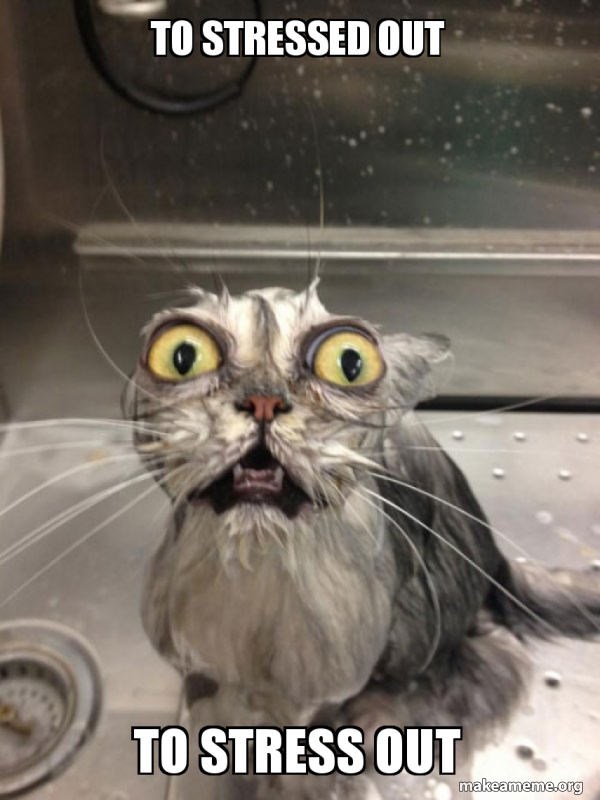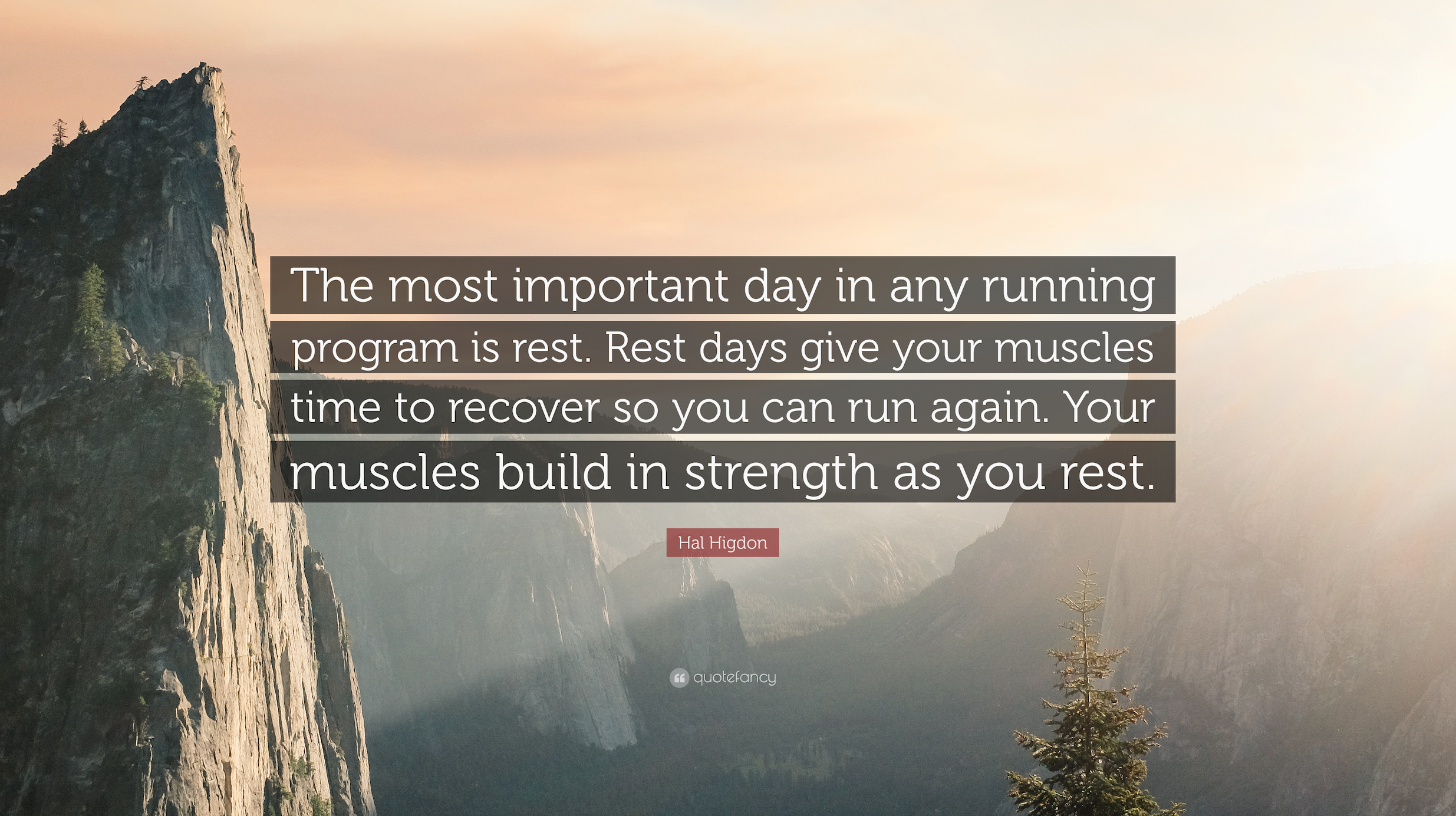Athletes are often at the forefront of using best practices regarding whatever the latest research shows will maximize their performance in their respective sport(s). One aspect often talked about is ‘rest and recovery’. A great article I found written by Connor Murphy in 2015 about “Five Essential Elements of Rest and Recovery” explains why rest and recovery is an active process… not just laying on the couch… although that is certainly one part of the process.
Murphy describes each element in terms of why it is important and what best practices might be applied to maximize performance. His ‘essential elements’ of rest and recovery include addressing sleep, hydration, nutrition, stretching and massage and/or something called “Self Myofascial Release” (SMR)… which is essentially a form of trigger point therapy for working out muscle spasms. This last element is crucial for eliminating toxins from muscles that have been in spasm or exercised.
However, those of you who know me might not be surprised ‘Nurse Ratched’ had to come out of hiding and babble about how Mr. Murphy missed an obvious “essential element” in his thesis about rest and recovery. I read the article and did my usual ‘wtf’ because Murphy completely missed the mental aspect of stress management as essential element of rest and recovery.
As one of the most impactful experts of the modern era in philosophy Marshawn Lynch once said… you gotta take care of your “mentals”.
The mental health aspect of rest and recovery is an essential part of the process. It may seem obvious to some, but there are specific reasons to include this as an element in its own right. Many people don’t realize how much their stress level affects their happiness or lack thereof. They cope by living in denial about how much stress they have going in their lives. It’s the only way they feel they can survive.

There is a price to be paid for living in ‘survival mode’ for long periods of time. Hitting your adrenal cortex numerous times a day over years is why we see so many people with chronic illnesses because they’ve been living life in a constant state of overdrive.
Professional athletes are often much more aware about how their mental state affects performance. Many have measurable parameters revealing data supporting this belief. When mental health is less than optimal there is often a consequence in terms of performance. That’s why the best athletes have ongoing mental health counseling to ensure they are minimizing any negative impact from normal stresses of life, etc.
The bottom line is there is much more to ‘rest and recovery’ than drinking the right electrolyte solution after working out. Creating a wellness plan should also be tailored to a person’s unique mental health challenges or other stressors. These essential elements are not just for athletes. If you include the mental health aspect to this program, the essential elements described by Murphy are applicable to everyday life.
It may be beneficial for us all to develop our own rest and recovery program. Making sure you have good sleep hygiene, are hydrated, eat right, stretch and do massage/self myofascial release (SMR) activities AND take care of your ‘mentals’… this seems like a good approach to life in general.
Editor’s babble: I’m currently addressing my mentals by taking a break from interacting on social media at this time. If you see me posting articles but not interacting, that’s why. Much love from the boontillies!

BuffaloFAMbase.com is sponsored by 26 Shirts
Every Monday, we launch a two-week campaign of a new Buffalo-themed t-shirt design. Every purchase results in a donation to a local family in need. After the campaign ends, the shirt is typically retired. A new design is released, and a new family benefits from your fandom!


